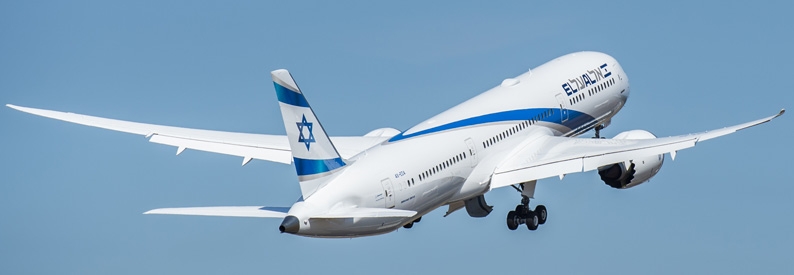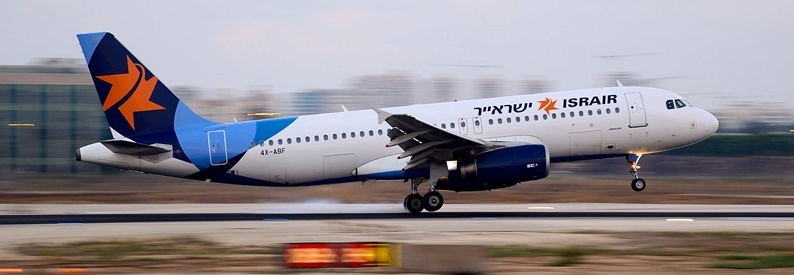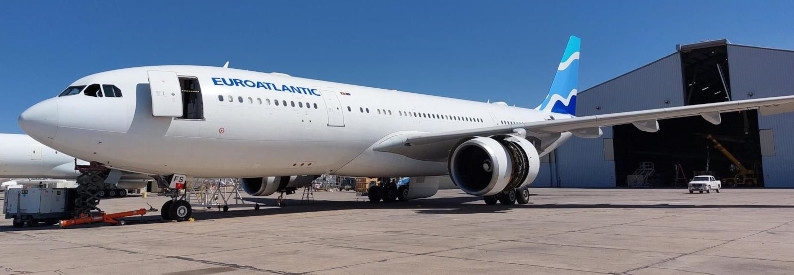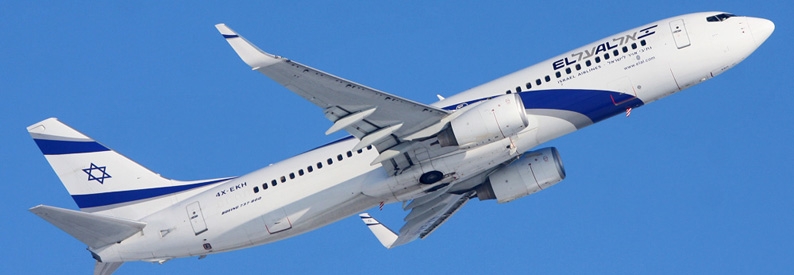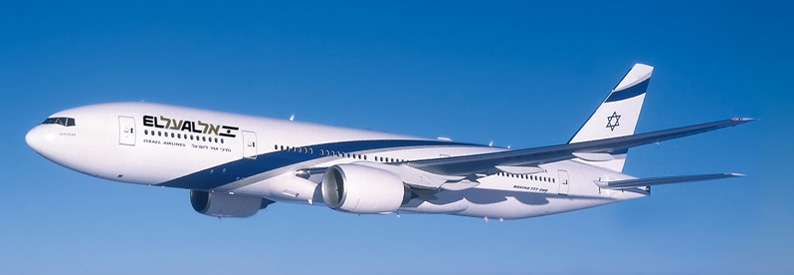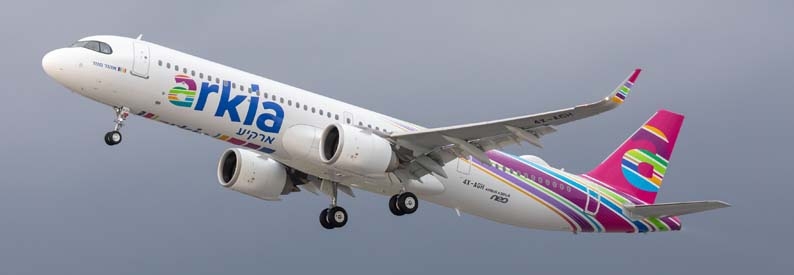Israel's detente with the Arab world is gathering pace with Israeli Prime Minister Benjamin Netanyahu announcing that Israeli carriers have been granted transit rights through Omani airspace.
According to Haaretz, Netanyahu told a gathering of Israeli ambassadors to North America, Europe, international organizations, the Middle East and Eurasia in Jerusalem that Sultan Qaboos of Oman had agreed to the request.
In addition, the Republic of Chad, a landlocked country in north-central Africa, has also opened its airspace to Israeli carriers following President Idriss Deby's visit to Tel Aviv in late November. During the visit, a first for a Chadian leader since Israel's founding in 1948, Deby renewed ties that were severed back in 1972.
"At this time, we can overfly Egypt. We can overfly Chad, that has already been set. And to all appearances, we can also overfly this corner of Sudan," Netanyahu said adding that the transit rights development was "an unprecedented revolution."
Haaretz said a spokesman for Netanyahu did not elaborate on Israel's ties to Sudan adding that it was unclear when Israeli flights might be able to start overflying Sudan en route to South America.
Yediot Ahronot reported last month that, encouraged by the Trump administration, among Netanyahu's diplomatic goals in the Arabophone/Muslim world were to stabilize ties with Chad, Sudan, and Nigeria.
All three states lie along the flight path of Israel-Argentina/Brazil flights where later this month LATAM Airlines (LA, Santiago de Chile) will start 4x weekly nonstop São Paulo Guarulhos-Tel Aviv Ben Gurion flights.
Access to Sudanese airspace would also boost El Al's Tel Aviv-Johannesburg O.R. Tambo services given the flight currently has to travel all the way down the Red Sea before crossing into/leaving the African mainland via Eritrea and Ethiopia.
Meanwhile, according to the Associated Press, Qatar has attempted to pursuade Israel to allow the start of flights between the blockaded Gaza Strip and Doha Hamad International.
The coordinator of Qatar's humanitarian projects in Hamas-controlled Palestinian territory, Mohammed al-Emadi, told the SAWA news agency that Qatar had offered to handle all security requirements in a bid to address Israeli concerns. Israel, in turn, said it would review that proposal while offering the use of an airport in areas under its control.
Israel and Egypt imposed an air, land and sea blockade of Gaza after the Islamic militant group Hamas seized power in 2007.
Gaza Yasser Arafat International Airport, located in the Gaza Strip, has been out of service since 2001/2002 when Israeli forces destroyed key airfield infrastructure in response to the start of the al-Aqsa Intifada.
- Type
- Base
- Aircraft
- Destinations
- Routes
- Daily Flights

